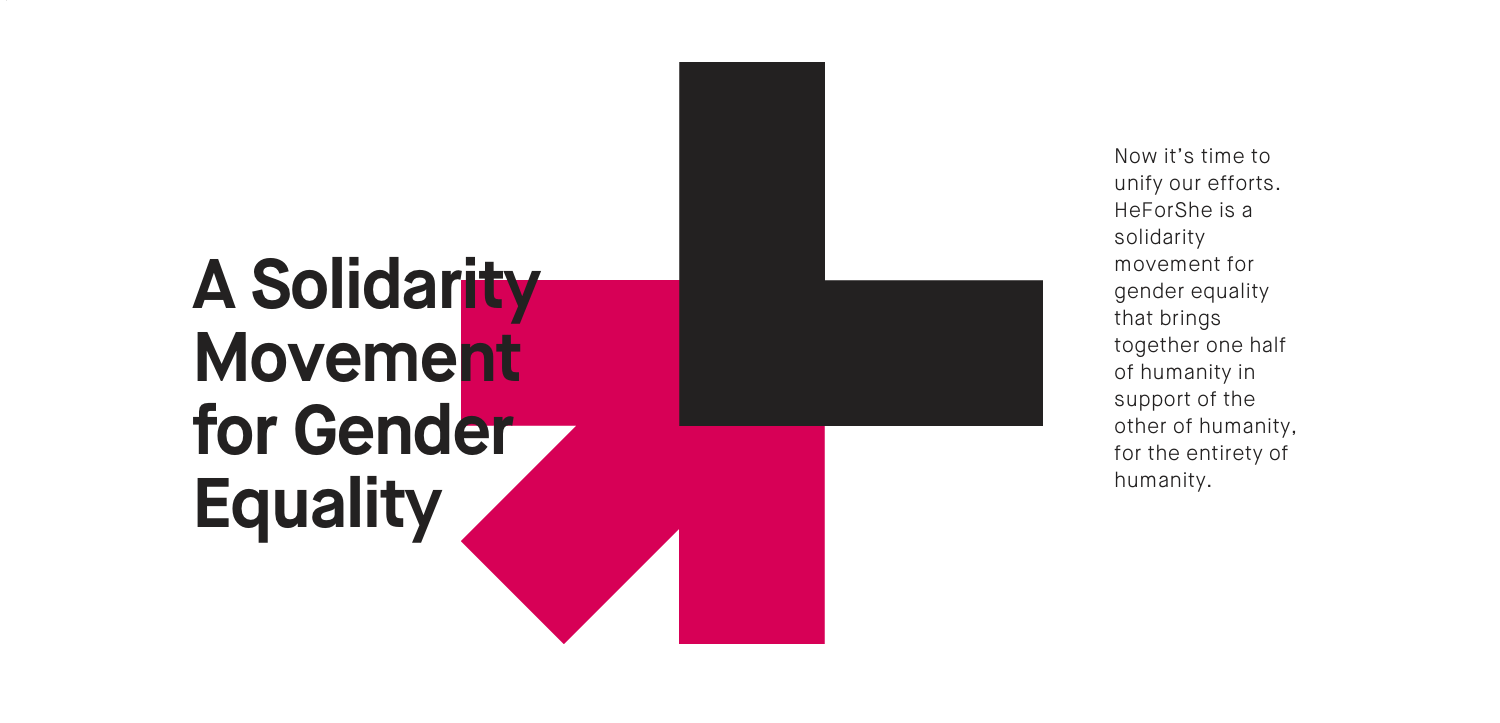September 2014: Emma Watson launches the HeForShe campaign, inviting all men into feminism.
September 2014: the first meeting of the University of Sussex Women’s Group. The topic? How we can make feminism more interesting for men. September 2014, the first meeting of the Feminist Society.
We talk about how we can make feminism more interesting for men.
November 2014: a talk about lad culture in university environments, detailing how unsafe women feel on campus.
The questions that followed were mainly about how we can make sure that men are welcome in feminism and whether men should take leadership roles in feminism.
I’m going to say it: I don’t think that feminism is exclusionary towards men.
In fact, I think that feminists on average spend more time making the movement interesting for men than they do for women.
However, I do think that feminism has an exclusivity problem.
I just don’t think that men as a group are the victims of it.
In fact, I think that the continued practice of making feminism less dangerous, less intimidating so as to attract men, is something that fuels continued exclusion of women of colour, trans women, working-class women and other marginalised women.
Take for instance, the ever so popular “If you believe that men and women should be equal, you’re a feminist”.
On the surface, this seems a really nice phrase, and I have to admit that for a long time this was how I liked to think about feminism.
All the people that seemed to be indifferent about women’s rights are now suddenly feminist friends, because they fulfil the basic human standard of “not being a bigot”.
It’s a very safe standpoint, accessible even for people (regardless of gender identity) who think that feminism is a dirty word.
Of course, what this mindset overlooks is that it implies that feminism should be as simple as that: men being equal to women and nothing more.
Where are women of colour in this equation? What about people who are neither men nor women? Is there any discourse about disabled women?
Simplifying feminism to something this basic means erasing all the diversity within the label of ‘woman’ and means that people can call themselves feminist without ever having to think about how different identities shape different experiences of womanhood.
Watering down feminism to make it accessible to the mainstream has so often meant throwing marginalised people under the bus.
Who hasn’t heard the phrase “Yeah, I’m a feminist but I’m not a hairy lesbian,” as if the worst thing in the world would be to be associated with women who are hairy, lesbians or both.
When will we stop saying “I’m a feminist, but I still think girls should have some class.”
Why don’t we stop putting our efforts into phrases like “you can be a feminist and still be pretty” and start saying “beauty is socially constructed and relies on racist, cissexist, ableist standards of how a person should look and it’s up to feminists to undermine that construct and realise that a pretty feminist is not better than an ugly feminist, it’s just someone who fits better into those arbitrary standards.”
So no, I won’t be supporting #HeForShe. Any speech that focuses its efforts on getting men to join feminism, while at the same time equating “woman” with “the ability to give birth” is the type of feminism that I find ineffective.
I think that feminism that tries to sell itself to everyone, regardless of what their view is, is ineffective.
I think focusing our time on people who only want to be part of the type of feminism that makes them comfortable is ineffective. I want my feminism to focus on the quality of its movement rather than the quantity of its followers.
Feminism is not supposed to be about celebrating and inviting people who are not actually interested in changing their own behaviour. It’s not supposed to be a space where you get a lollipop just for identifying as a feminist.
It is not supposed to be a place where people go only if we kiss the ground they walk on.
The people who only want to be a part of feminism only if it’s reduced to quirky catchphrases and when it’s made safe to consume are exactly the type of people I think feminism could go without.
Being involved in activism means looking at our own actions critically, and deciding that in the past we have done things wrong and in the future we will do things better.
Realising that not every struggle is for us to comment on.
It’s about realising that “woman”, or even “person” is a complex label that comes with different experiences for everyone, all of which need to be treated in specific ways. And that is difficult.
And there is no shame in admitting that it’s difficult.
Feminism is supposed to be loud, dangerous and outspoken, it’s supposed to appeal more to those on the outside than those on the inside, because that is how change is made.
Pippa Sterk



